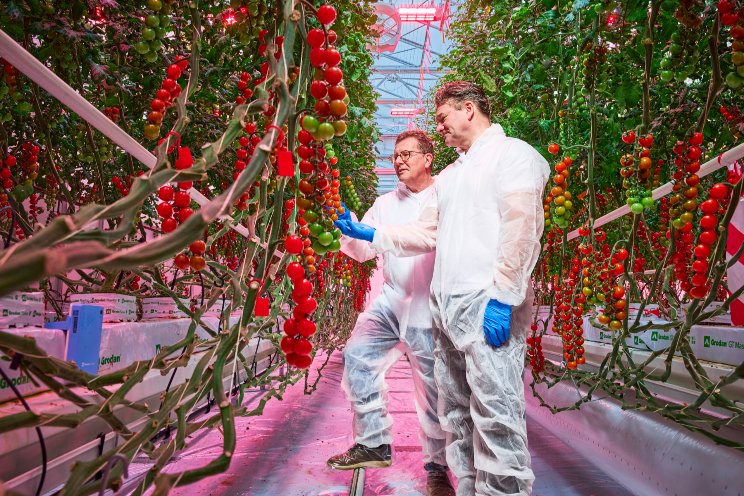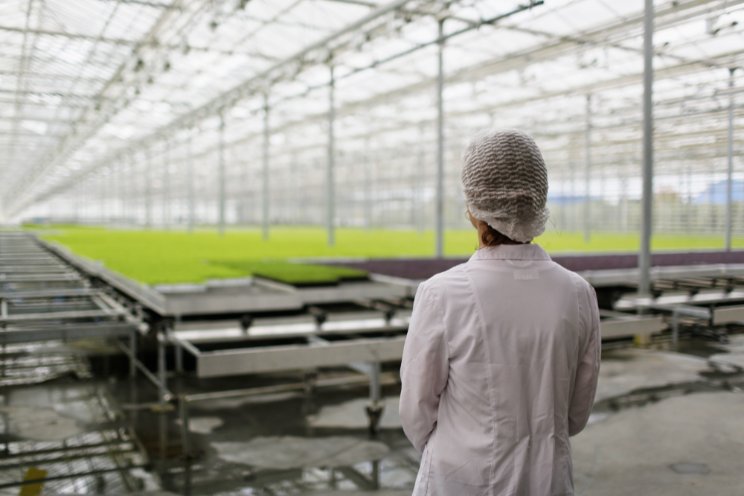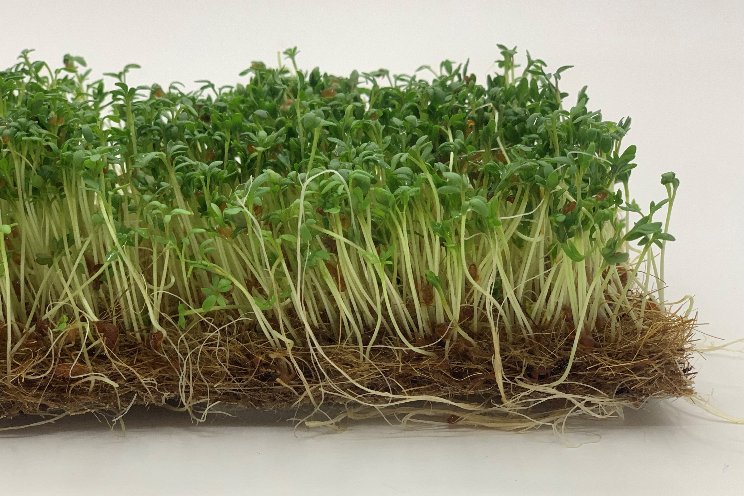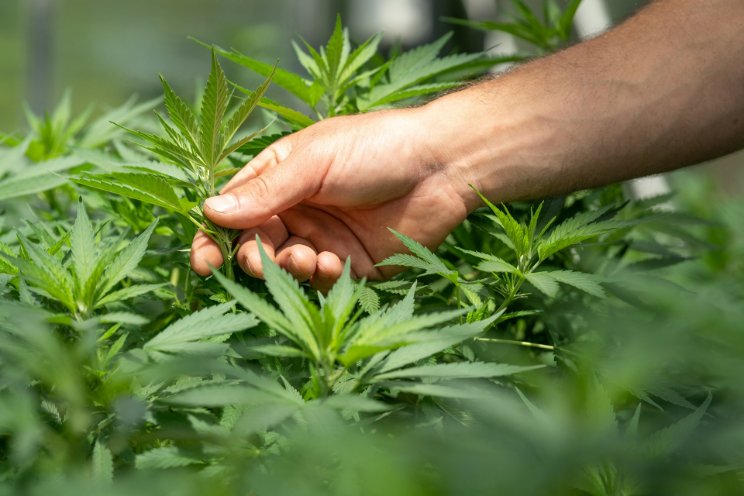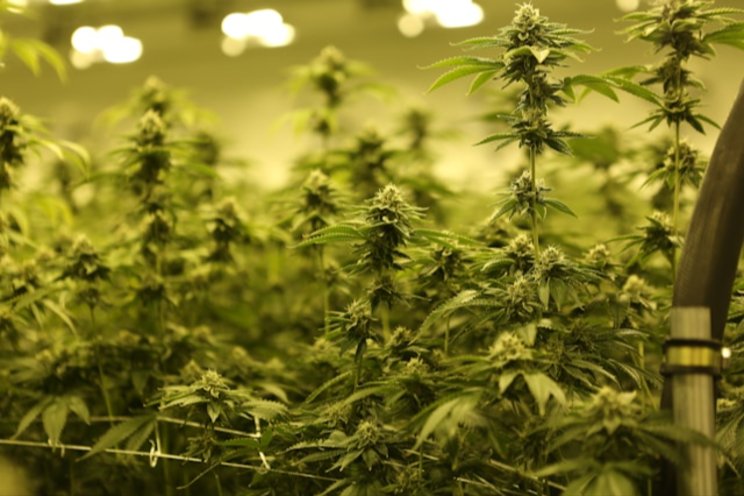Earth week: invest in our planet, invest in hydroponics
Added on 18 April 2023

This week (Apr 14-22, 2023) represents Earth Week with the theme “Invest in Our Planet.” The week culminates with Earth Day on Saturday, April 22. Resources, knowledge, and energy need to be dedicated to solve existing problems. We couldn’t think of a more perfect time to share some insights as to the potential of future agriculture.
The biggest challenge
As a main part of the primary industries, agriculture produces fundamental necessities, fruits, and veggies, for us to live a healthy life. Given the rising trend in population and urbanization, our food systems need to be capable and sustainable enough to provide quality food for the next generations. Instead of lettuce, we may have to eat seaweed… or do we?
The good news is that agriculture technology companies like ZipGrow Inc. are changing the future of food. Hydroponic methods can be a part of the solution to better food systems and localizing food production.
Water-wise
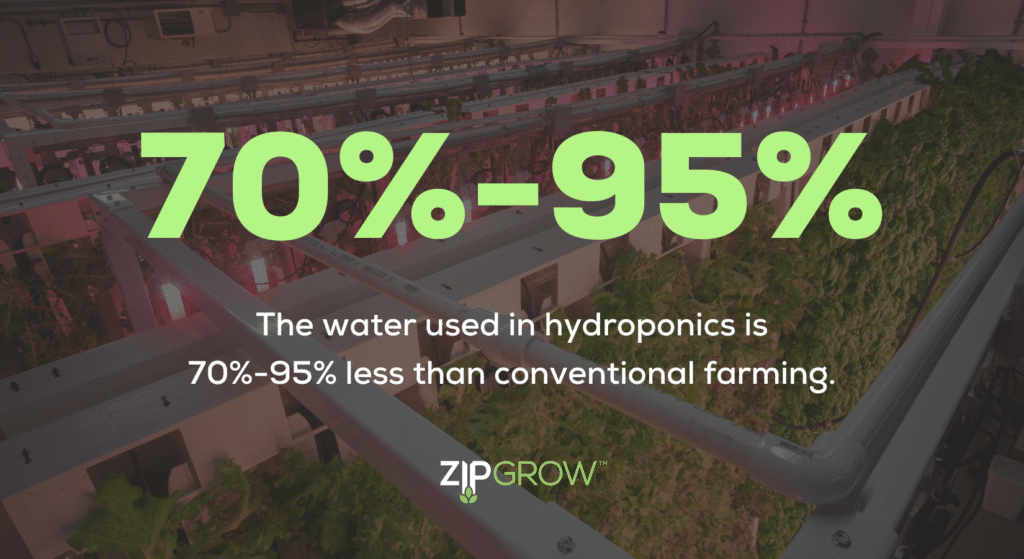
One of the significant benefits of hydroponics is that it saves water. In traditional farming, up to 50% of water is evaporated or drained due to inefficient irrigation methods. Although the agricultural industry is embracing water-saving techniques, even the best drip irrigation (in traditional agriculture), only saves one-fourth of water loss. Hydroponic systems allow you to capture and reuse water. If you are growing in a controlled environment like a ZipFarm, optimizing the temperature range will limit the plant’s water evaporation. You can even add dehumidifiers to convert excess moisture in the air back into the system. Using water efficiently helps your bill and the environment. Don’t forget fresh water is only 3% of the Earth’s water.
Reduction in pesticides
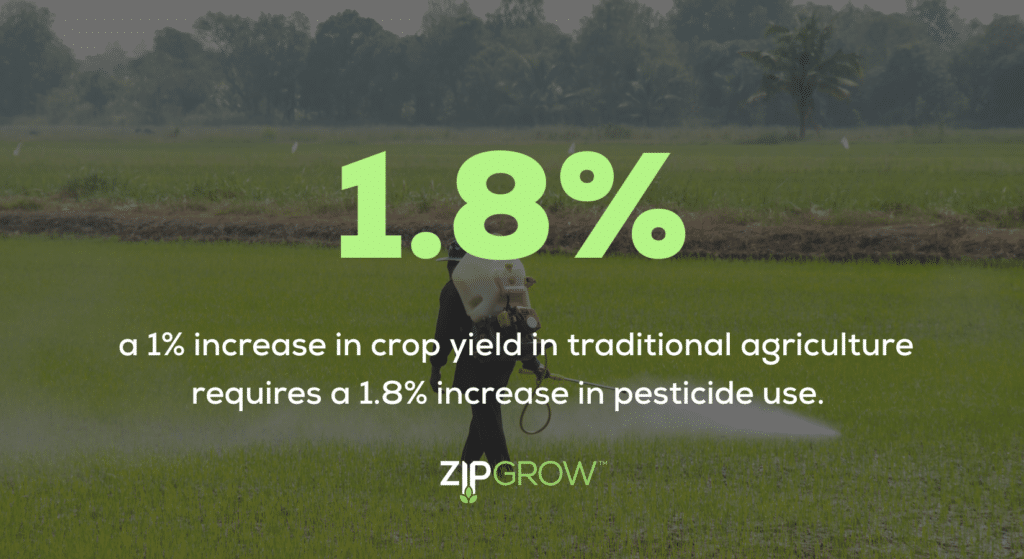
Have you ever found strawberries to be bland? Pesticides could be to blame. One research found fungicides can reduce sweetness by converting sugar into acids. Nutrients like vitamin C can be lost in the process as well.
There is a growing concern about the health effects of pesticides. Even though pesticides used in production have to meet a legally permitted threshold, it is compounded in your body with the produce you eat daily. According to the United Nations, a 1% increase in crop yield requires a 1.8% rise in pesticide use. With the global food demand projected to almost double in the next 20 years, we seem to have no choice but to compromise and accept pesticides. Or do we?
All Photos: ZipGrow
More news
